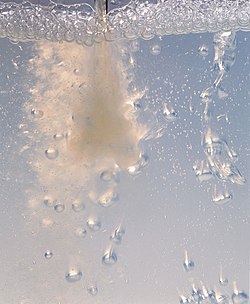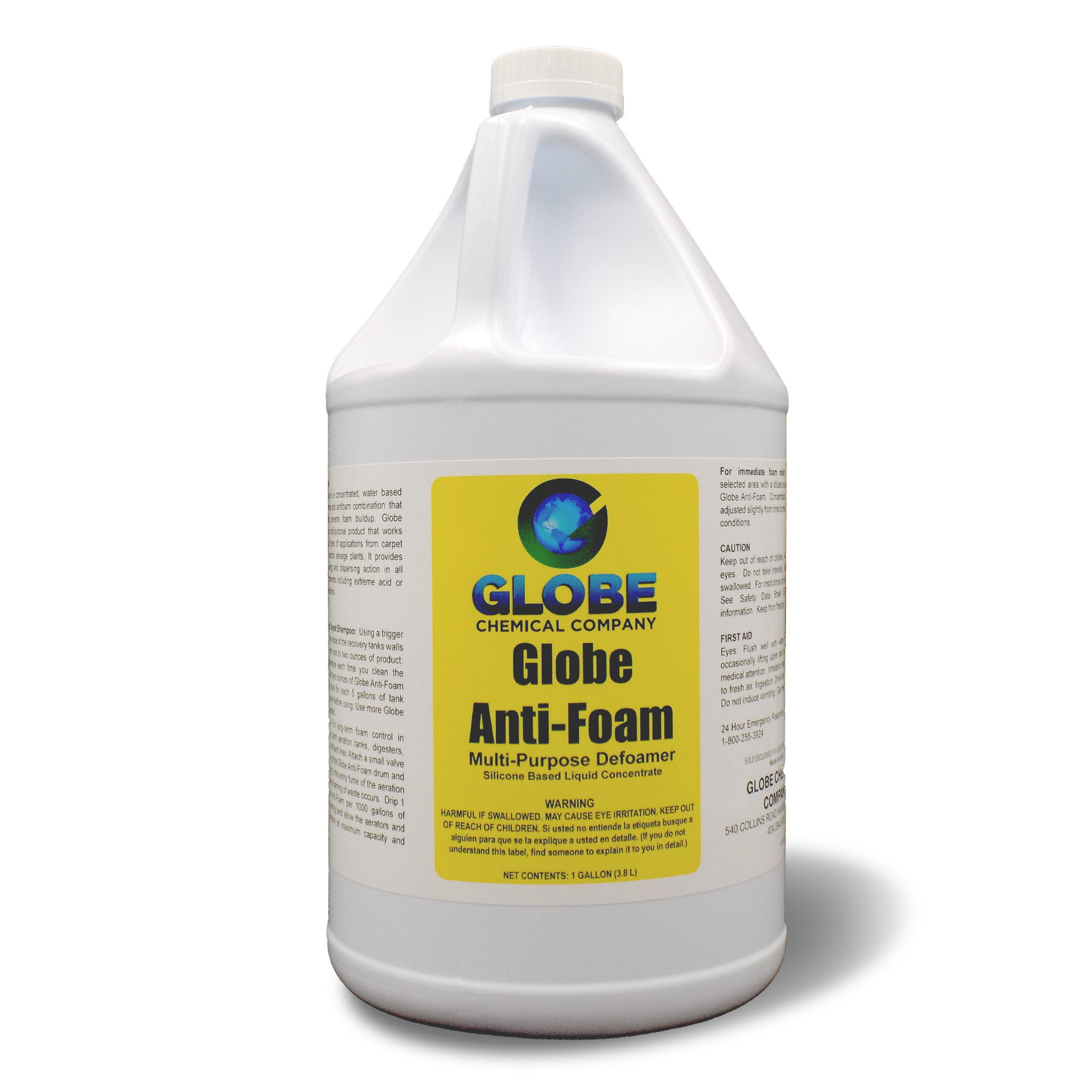The Most Effective Uses of Chemical Defoamer in Industrial and Production Operations
The Most Effective Uses of Chemical Defoamer in Industrial and Production Operations
Blog Article
Discover the Leading Reasons You Need a Chemical Defoamer for Effective Foam Control
Chemical defoamers serve as crucial agents that reduce foam formation, therefore improving processes in fields such as food production, pharmaceuticals, and wastewater treatment. As we explore the diverse benefits of chemical defoamers, it comes to be evident that their duty expands beyond plain foam decrease, influencing total efficiency in methods that may not be right away obvious.
Enhanced Operational Efficiency
The presence of foam can prevent production by obstructing tools, decreasing capacity, and making complex procedure control. By minimizing surface area tension, they help with the fast collapse of foam, allowing for smoother procedure and lessening downtime.
In markets such as food and drink, drugs, and wastewater treatment, the application of defoamers boosts process security and product high quality. As an example, in fermentation processes, regulating foam generation is crucial for making best use of return and efficiency. Additionally, making use of defoamers can cause extra effective mixing and aeration, leading to enhanced reaction times and overall productivity.
Moreover, when foam is properly regulated, it minimizes the risk of overflow and contamination, guaranteeing conformity with security and top quality requirements. Eventually, the combination of chemical defoamers into industrial procedures cultivates a more reliable workflow, maximizing result while maintaining high-quality requirements.
Cost Cost Savings and Source Management

In many applications, excessive foam can create overuse of chemicals, leading to unneeded expenditures. By managing foam levels, businesses can maximize their chemical input, thereby reducing operational costs.
In addition, reduced foam in handling systems can boost the overall throughput, enabling centers to enhance production capacity without incurring additional expenses - Chemical Defoamer. This reliable resource monitoring converts right into significant economic advantages, allowing companies to designate funds towards technology or development. In summary, the integration of chemical defoamers into industrial procedures promotes an extra economical and resource-efficient atmosphere, ultimately supporting organizational growth and sustainability
Improved Item Quality

The use of chemical defoamers plays a vital duty in boosting item quality across various markets. Extreme foam can lead to inconsistent product solutions, impacting the final features of goods such as paints, finishings, food items, and pharmaceuticals. By minimizing foam development, chemical defoamers help with smoother manufacturing procedures, ensuring that formulations remain uniform and meet given quality criteria.
In the food and beverage sector, as an example, the visibility of foam can affect the quality and taste of items, ultimately affecting customer fulfillment. Chemical defoamers assist keep the desired texture and look, consequently improving the total high quality of the end product. In a similar way, in the manufacturing of paints and coverings, foam can cause defects such as pinholes and inadequate bond, weakening the product's efficiency.
Furthermore, making use of defoamers can improve the performance of processes like fermentation and emulsification, which are crucial for attaining preferred product attributes. By improving manufacturing and guaranteeing constant high quality, chemical defoamers not just improve the end product however likewise add to a favorable brand name track record. Therefore, buying effective foam control solutions is crucial for any kind of service aiming to supply high-grade items consistently.
Devices Defense and Longevity
Minimizing foam manufacturing is important for securing equipment and ensuring its longevity in various industrial applications. Extreme foam can result in a variety of functional concerns, including devices damages, raised upkeep prices, and unplanned downtime. When foam accumulates, it can cause overflow, leading to spills that compromise the try this site honesty of machinery and surrounding areas.
Furthermore, foam can obstruct pumps and sensors, which can hinder efficiency and efficiency. In serious cases, it can cause the malfunction of components, requiring pricey repair work or substitutes. By making use of a chemical defoamer, business can successfully reduce foam development, thus protecting their devices from the destructive results of foam-related problems.
Along with protecting against damage, reliable foam control can substantially improve the operational life expectancy of equipment. With lowered deterioration, devices can keep peak performance levels for a prolonged period, equating to reduced general functional expenses. Applying a defoamer not only ensures operational efficiency but additionally adds to an extra lasting business model by extending the lifecycle of beneficial assets. Investing in a high quality chemical defoamer is a positive technique for securing devices and fostering durability in commercial settings.
Adaptability Throughout Industries
Chemical defoamers play an important role in numerous markets, effectively addressing foam-related challenges throughout diverse applications. Their flexibility is evident in fields such as food and beverage, drugs, and wastewater therapy, where foam can reduce and impede procedures performance. In the food market, defoamers ensure smooth manufacturing by preventing foam formation during mixing, fermentation, and bottling, consequently keeping product high quality and consistency.

Additionally, in wastewater treatment centers, chemical defoamers are employed to manage foam during the oygenation process, promoting ideal microbial task and enhancing the overall therapy performance. Their capability to function properly in high-shear and high-temperature environments better underscores their adaptability.
Final Thought
In conclusion, the usage of chemical defoamers is crucial for effective foam control across different sectors. Their ability to boost operational effectiveness, create considerable expense savings, enhance item quality, and protect equipment underscores their vital role in industrial procedures. The convenience of defoamers permits for widespread application in food production, pharmaceuticals, and wastewater therapy, inevitably contributing to lasting development and the maintenance of high operational click this site criteria. The combination of defoamers is vital for optimizing overall performance.
Chemical defoamers offer as important agents that minimize foam development, thus improving processes in fields such as food production, drugs, and wastewater therapy. As we explore the diverse benefits of chemical defoamers, it comes to be obvious that their duty extends beyond simple foam reduction, influencing total efficiency in means that may not be quickly obvious.
By alleviating foam formation, chemical defoamers help with smoother production processes, making sure that formulations stay consistent and fulfill specific high quality standards.
By making use of a chemical defoamer, business can efficiently minimize foam development, thus protecting their equipment from the harmful results of foam-related issues.
In verdict, the application of chemical defoamers is necessary for reliable foam control across numerous markets.
Report this page